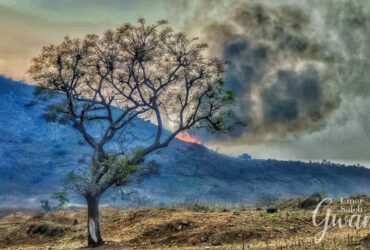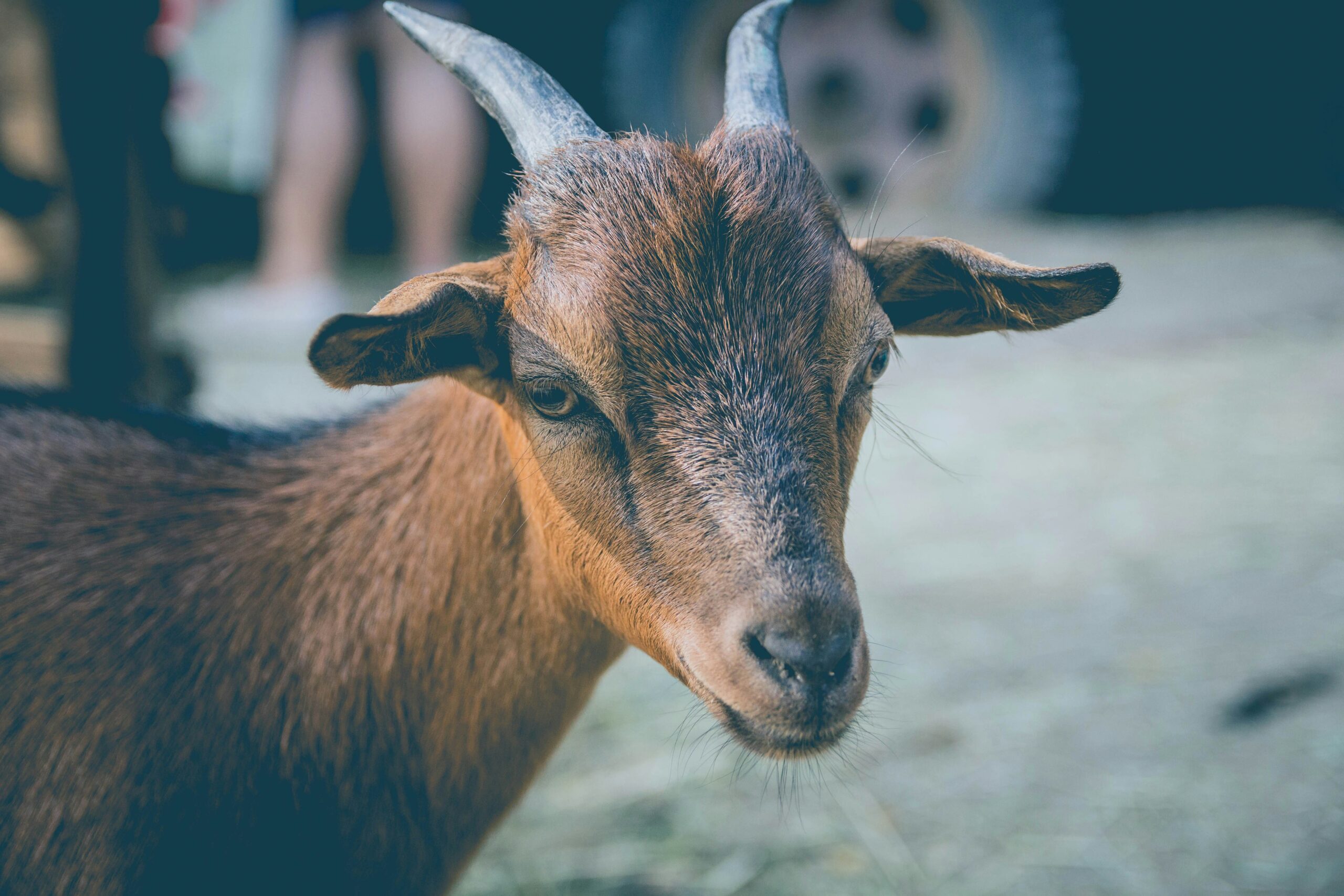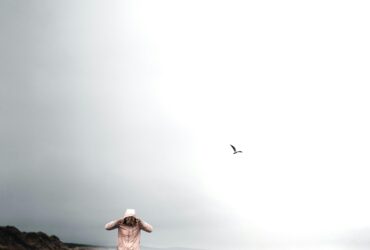In a lot of ways, ending a year is like ending a poem. Like a poet approaches a finished poem in scrutiny, going over and reading it again, sometimes reading it out loud to hear the rhythm and make sure it flows smoothly, so too do we go over the events of an ending year. But unlike a poem, we cannot remove the words or the lines we feel are obstructing the flow of a year spent. There is no going back to remove a word or insert a new one. There is no changing the events of any moment. There is no altering the flow. There are only the what-ifs.
You see yourself putting others before you, shrinking yourself so that you do not take up too much space, so that society does not label you a misfit. You keep going back to the man who has made your skin a gallery of bruises, and whose love you can no longer find in you no matter how hard you look. You tell yourself each day that it is for the kids, for the social security and respect that comes with being married. You look in the mirror sometimes, unable to recognize the you who now cares what society thinks.
We laughed. We joked. We lamented. We remembered books and plots and characters. We talked about the creativity that is needed to write a voice driven novel. We talked about A Brief History of Seven Killings, and the distinct voices of the characters. And when we reached Kabuga junction, we hugged and parted. I crossed the road, and took the shortcut through Kofar Kabuga, the old Kofar Kabuga, with its few heaps of sand that survived the wear and tear of time, and a goat, resting on its ancient back.
After ages of avoiding the shore, I went back again. This time however, I vowed not to wait. I got a ship. The sailor had wanted me on it all along, but when the time to sail came, I left the shore. The ship was good, but I wanted better. What is wrong with waiting for a little while more when you have been waiting all your life?









